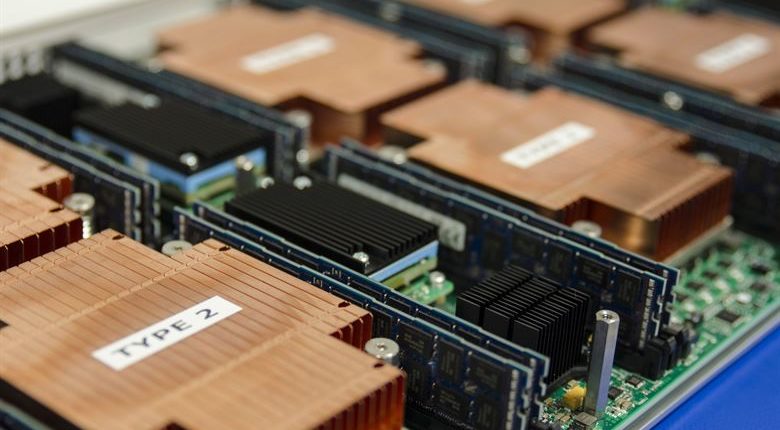Sino-U.S. relationships have worsened even further, after COVID 19 took over the world. Shots were fired from both sides, with Trump calling coronavirus, the “Chinese virus”. Thus, in a relationship as strained as this one, reduced dependence on one another has become the need of the hour.
The U.S. relies heavily on China for the import of chips, that are used by its tech giants on multiple devices, ranging from mobiles to laptops and computers. To reduce that, and create a more independent tech ecosystem, the Trump Administration is in talks with two semiconductor companies, Intel and Taiwan Semiconductor Manufacturing Co, to build chip manufacturing facilities in the States.
Intel CEO Bob Swan had predicted this crisis, and wrote a letter to the Department of Defence dated 30th March. In the letter, he highlighted the importance of building a foundry (a term used in the industry to reference a chip factory) in the country, in partnership with Pentagon.
“This is more important than ever, given the uncertainty created by the current geopolitical environment” Bob had said, a report from Reuters claims.
Now, Intel has managed to form dialogue with the Department of Defence, and will work “over-improving domestic sources for microelectronics and related technology,” Intel spokesperson William Moss said. He also said that the company is comfortably in a position to operate a “U.S.-owned commercial foundry and supply a broad range of secure microelectronics.”
Next is the Taiwan Semiconductor Manufacturing Co, Apple’s ‘apple of the eye’. The company, which counts the iPhone manufacturer as one if its biggest clients, had been in talks with the company about building a plant in U.S., a report from Wall Street Journal suggests.
Now, TSMC is in talks with the U.S. Department of Commerce directly, with the possibility of a plant being constructed in the country very soon. However, nothing has been settled as of yet.
ABC news reported TSMC spokeswoman Nina Kao saying, “We are actively evaluating all the suitable locations, including in the U.S., but there is no concrete plan yet,”.
U.S. relies heavily on Taiwan for microelectronics, a freely ruled island that China claims. Thus, it is important for the country to develop alternatives, should the need arise.
Wall Street Journal also reported possible US aid to South Korean company Samsung Electronics Co , helping it expand production from its Austin manufacturing plant.
The Tech Portal is published by Blue Box Media Private Limited. Our investors have no influence over our reporting. Read our full Ownership and Funding Disclosure →






